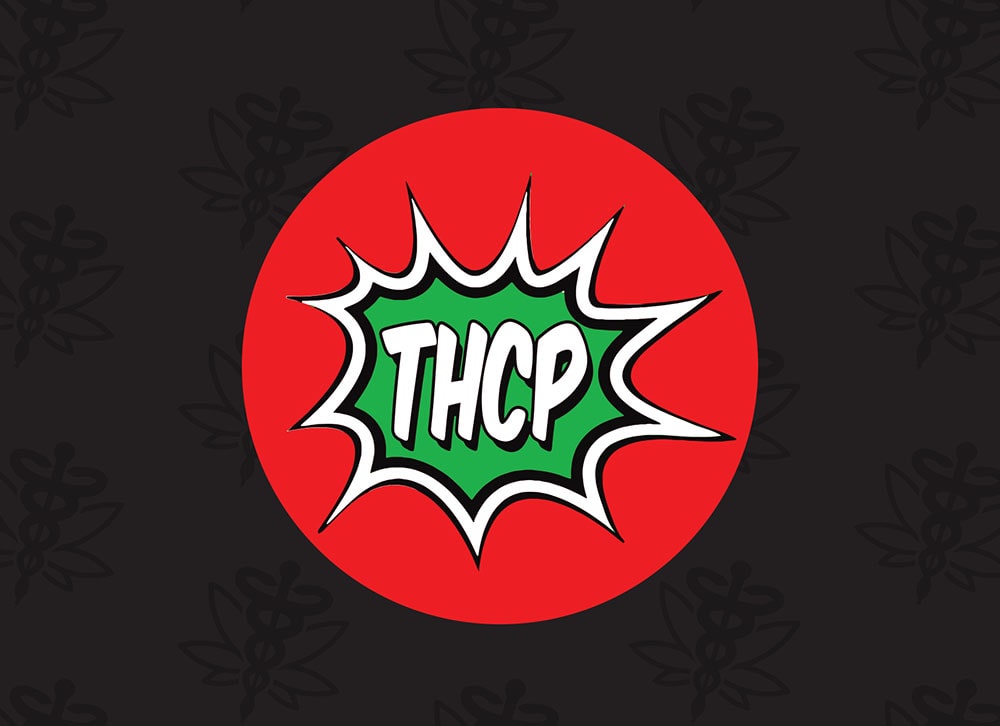Parkinson’s Disease and Cannabis

Using CBD for Parkinson’s disease is a relatively new but potentially beneficial idea. Many people with Parkinson’s are eager to try alternative treatment methods to relieve their symptoms. Medical cannabis is one alternative that has increased in popularity lately.
CBD is one of the many cannabinoids in the Cannabis sativa plant and is among the two most popular. The other famous cannabinoid is THC. While THC is known for its psychoactive effects, CBD does not cause you to get high. Though both cannabinoids have many potential benefits, many choose CBD because it won’t cause psychoactive effects.
Recent studies have shown promising results for using CBD oil to manage Parkinson’s Disease. Although we need more research before making conclusions, the studies look promising. Keep reading to learn more about how cannabis may help manage the symptoms of Parkinson’s.
What is Parkinson’s Disease?
The American Parkinson Disease Association has this definition for Parkinson’s: “Parkinson’s disease (PD) is a type of movement disorder that can affect the ability to perform common, daily activities. It is a chronic and progressive disease, meaning that the symptoms become worse over time.”
A characteristic feature of Parkinson’s is tremors. Tremors are motor symptoms that cause rhythmic shaking. Parkinson’s also causes stiffness and rigidity in the muscles and slow movements. PD also has various other non-motor symptoms as well. A few of these include anxiety, depression, sleep issues, constipation, fatigue, and more.
Around 1 million people have Parkinson’s in the United States. And about 10 million people are living with Parkinson’s worldwide. Although most people develop the symptoms of PD after 50 years old, a small percentage of younger people can experience Parkinson’s before 50 years, too.
Parkinson’s disease is a neurological disease caused by a loss of neurons in an area of the brain called the substantia nigra. In healthy individuals, the neurons in this area produce dopamine to regulate movement. People with Parkinson’s often lose dopamine-generating neurons in this area. This causes tremors and other motor symptoms of PD.
CBD’s Historic Medical Uses
Using CBD and THC to treat and manage different issues is not a new thing. Even though it may seem like a trendy fad to use CBD, a lot of science and history backs it up. Cannabis has medical uses that go back thousands of years.
One of our earliest records of its use was around 12,000 years ago in Central Asia. Nomadic people would take cannabis seeds with them to grow cannabis plants wherever they traveled.
Cannabis provided fibers for ropes and nets and was also a food and oil source. Many cultures used cannabis for many different things. But it was especially beneficial for its medicinal properties.
Ancient civilizations, including China and Egypt, used cannabis for many medical benefits. They may have used it as an anesthetic, pain reliever, and a treatment to reduce depression. The Roman Empire has records of using cannabis for its anti-inflammatory properties as well.
With a rich history of medical uses, it’s no wonder cannabis is still widely popular to this day. One medical use that scientists are currently studying is using cannabis for Parkinson’s disease. Let’s dive into some of the research on that topic.
Recent Studies on CBD for Parkinson’s Disease Symptoms
Recently, a few studies have focused on using CBD for various symptoms of Parkinson’s disease. Here are the studies and a brief summary of their findings:
- A study published in the Brazilian Journal of Psychiatry found that CBD reduced psychotic symptoms. The CBD did not influence cognitive and motor signs and caused no adverse side effects. It was a small pilot study, with only six PD patients, but more extensive studies are likely to follow.
- Another study tested the use of CBD on the motor skills and quality of life of PD patients. Although the motor skills did not significantly improve, the quality of life scores were much higher for the patients who used CBD.
- This other study tested CBD’s ability to improve REM sleep behavior disorder in four PD patients. All four patients had significant improvements. The CBD was able to control the symptoms of the sleep disorder.
We need more studies on using CBD for Parkinson’s symptoms because most studies have been very small. At the moment, no one can claim that CBD can effectively treat or manage PD, even though our studies look promising. We need more research before we know how effective CBD is in managing Parkinson’s and why.
CBD & CBG for Parkinson’s Disease
As we mentioned, CBG may help manage Parkinson’s, thanks to its therapeutic effects. Here are a few of the reasons why CBG could be beneficial:
- CBG’s anti-inflammatory properties
CBG has many anti-inflammatory properties. The anti-inflammatory activity may prevent neuron damage caused by inflammation that could lead to PD. This Parkinson’s mouse model showed improvement in brain activity thanks to CBG.
- CBD’s relaxing properties
One of CBD’s claims to fame is its ability to help people relax and feel calmer. In fact, this study shows that CBD may reduce anxiety and promote better sleep.
People living with PD often have trouble sleeping and issues with anxiety. If taken regularly, CBD may potentially alleviate some of those symptoms. It could help you by calming your racing thoughts and allowing you to drift off to sleep faster. If you experience less anxiety throughout the day, you’re more likely to have a more restful sleep. This can be helpful for anyone, especially those living with Parkinson’s disease.
- CBD’s antioxidant and neuroprotective properties
The study stated, “The recent result may present that CBD could be a possible antioxidant without psychotropic adverse effects, directly controlled by CB receptors.”
Many studies have looked at CBD’s neuroprotective effects, finding that CBD may be a powerful antioxidant. CBD may reduce oxidative stress and help keep the brain functioning properly. This could be beneficial for preventing the development of Parkinson’s.
In conclusion
Recent studies have looked at the benefits of using cannabis – especially CBD – to manage and treat Parkinson’s disease and related symptoms. There have only been a handful of studies, and they’ve all had small sample sizes, so we need more research before we have more answers.
However, the research we do have looks very promising. CBD may be able to reduce inflammation, protect the brain, and improve the overall quality of life for people with PD. It could potentially be a beneficial treatment option.


















